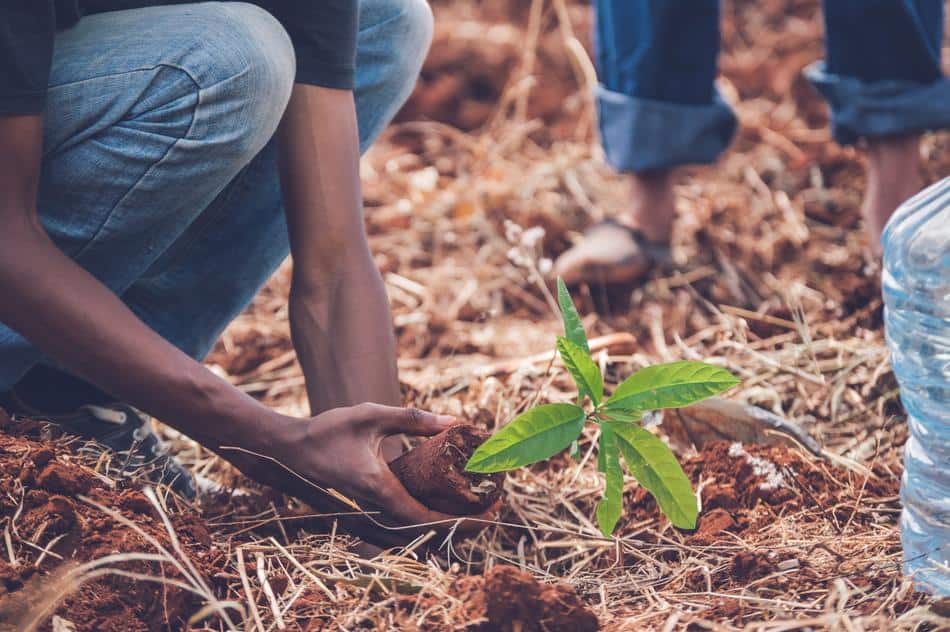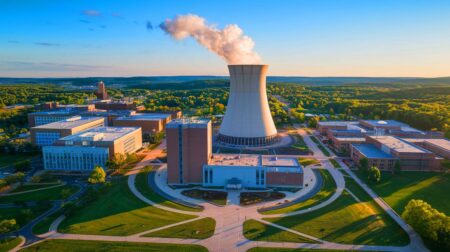Climate change is accelerating, yet it isn’t too late yet to keep warming to under 1.5 Celsius, as per the Paris Agreement, by the end of the century. This is according to the British-Dutch gas company Shell, which has set out its energy transformation scenarios to help us keep climate change manageable.
The current Covid-19 crisis has opened up new possibilities for action by “shift[ing] policy and behaviour in ways that open new possibilities for the future,” Shell says.
The multinational company is advocating “extensive scale-up of nature-based solutions,” which should include planting trees over an area the size of Brazil to soak up carbon from the atmosphere. “[S]ome 700m hectares of land would be required over the century, an area approaching that of Brazil,” the company explains in one of the scenarios it has mapped out about climate change mitigation.
At the same time, we should strive to reduce our carbon emissions to net zero through our embrace of renewable forms of energy such as wind and solar. Yet without land-based carbon sinks like forests, that won’t suffice to help us heal the planet, the company’s CEO, Ben van Beurden, stressed.
“It’s not what some people sometimes think: we’ll just do a little bit more solar, a bit more wind and we’ll get there,” van Beurden said. “You can get to 1.5C, but not by just by pulling the same levers a little bit harder, because they are being pulled roughly as fast and as hard as we are currently imagining. What we think can be done is massive reforestation. Think of another Brazil in terms of rainforest: you can get to 1.5C.”
Shell first floated the idea of large-scale reforestation more than two years ago in line with a recommendation by the UN’s intergovernmental panel on climate change.
Then as now planting trees on that scale remains an ambitious goal, especially since actual forests in Brazil’s Amazon region are being cut down constantly. In just a half century nearly a fifth of the Amazon’s forested area has been lost to cattle ranching and other forms of land conversion.
“Deforestation in this region is particularly rampant near more populated areas, roads and rivers, but even remote areas have been encroached upon when valuable mahogany, gold, and oil are discovered,” the World Wide Fund for Nature (WWF) notes.
That is why, on top of planting new trees, it will be essential to save existing forests if we are to mitigate the worst effects of climate change. Making agricultural practices more sustainable will be key as agriculture accounts for nearly a fourth of greenhouse gas emissions global.
No more new cattle ranches in Brazil and elsewhere, in other words.
“The bottom line will be that we need to find better ways to manage what we already have,” says Bruce Stein, chief scientist at the National Wildlife Federation in the United States.
Did you like it? 4.5/5 (24)








